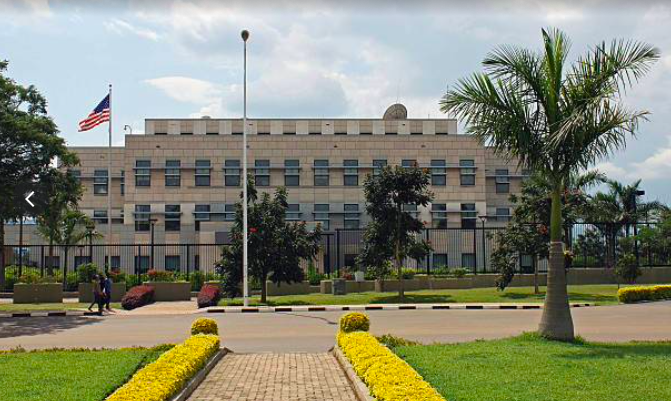On March 29, 2024, the U.S. Embassy in Rwanda issued an updated travel advisory, shedding light on the precarious situation along Rwanda’s border with the Democratic Republic of Congo (DRC). The advisory specifically addresses the heightened risks in the areas adjoining DRC’s North Kivu and South Kivu provinces, urging U.S. citizens to reconsider travel plans to these regions. This announcement comes amidst increasing armed conflicts in the mentioned provinces and the adjacent Virunga Park, which borders Rwanda’s Volcanoes National Park.
The presence of armed groups in the DRC’s territories has long been a source of instability in the region. However, recent escalations have raised concerns about the potential for violence to spill over the poorly demarcated borders into Rwandan territory. The advisory highlights the necessity for travelers to obtain permits from the Rwanda Development Board before accessing Volcanoes National Park, indicating tightened security measures and increased governmental oversight in response to the rising threat.
In a related development earlier this year, on January 12, 2024, the U.S. Embassy also reported the closure of Rwanda’s border with Burundi. The closure’s duration remains unspecified, with recommendations for Americans in the region to stay updated through local media channels. This move underscores the tense relations and ongoing diplomatic frictions between Rwanda and its neighboring countries.
These advisories reflect a broader pattern of concern regarding Rwanda’s foreign relations and internal governance under President Paul Kagame’s administration. Kagame’s government has faced criticism for its handling of border security and regional diplomacy, with some analysts pointing to the need for a more nuanced and less militaristic approach to resolving regional disputes and ensuring the safety of its borders.































































